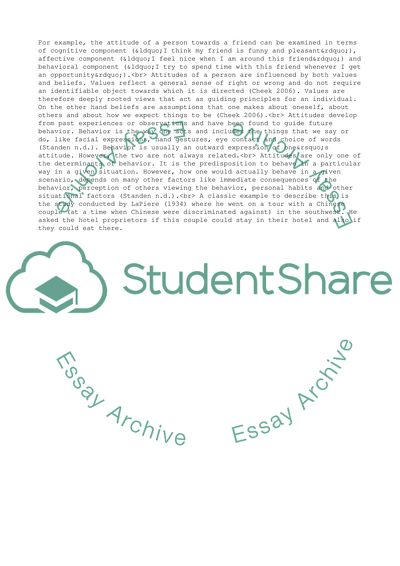Cite this document
(“Role of Attitude in Organizational Behavior Essay”, n.d.)
Role of Attitude in Organizational Behavior Essay. Retrieved from https://studentshare.org/management/1579087-discuss-what-we-mean-by-attitudesin-your-essay-please-discus-the-relationship-between-attitudes-and-behaviourand-the-role
Role of Attitude in Organizational Behavior Essay. Retrieved from https://studentshare.org/management/1579087-discuss-what-we-mean-by-attitudesin-your-essay-please-discus-the-relationship-between-attitudes-and-behaviourand-the-role
(Role of Attitude in Organizational Behavior Essay)
Role of Attitude in Organizational Behavior Essay. https://studentshare.org/management/1579087-discuss-what-we-mean-by-attitudesin-your-essay-please-discus-the-relationship-between-attitudes-and-behaviourand-the-role.
Role of Attitude in Organizational Behavior Essay. https://studentshare.org/management/1579087-discuss-what-we-mean-by-attitudesin-your-essay-please-discus-the-relationship-between-attitudes-and-behaviourand-the-role.
“Role of Attitude in Organizational Behavior Essay”, n.d. https://studentshare.org/management/1579087-discuss-what-we-mean-by-attitudesin-your-essay-please-discus-the-relationship-between-attitudes-and-behaviourand-the-role.


